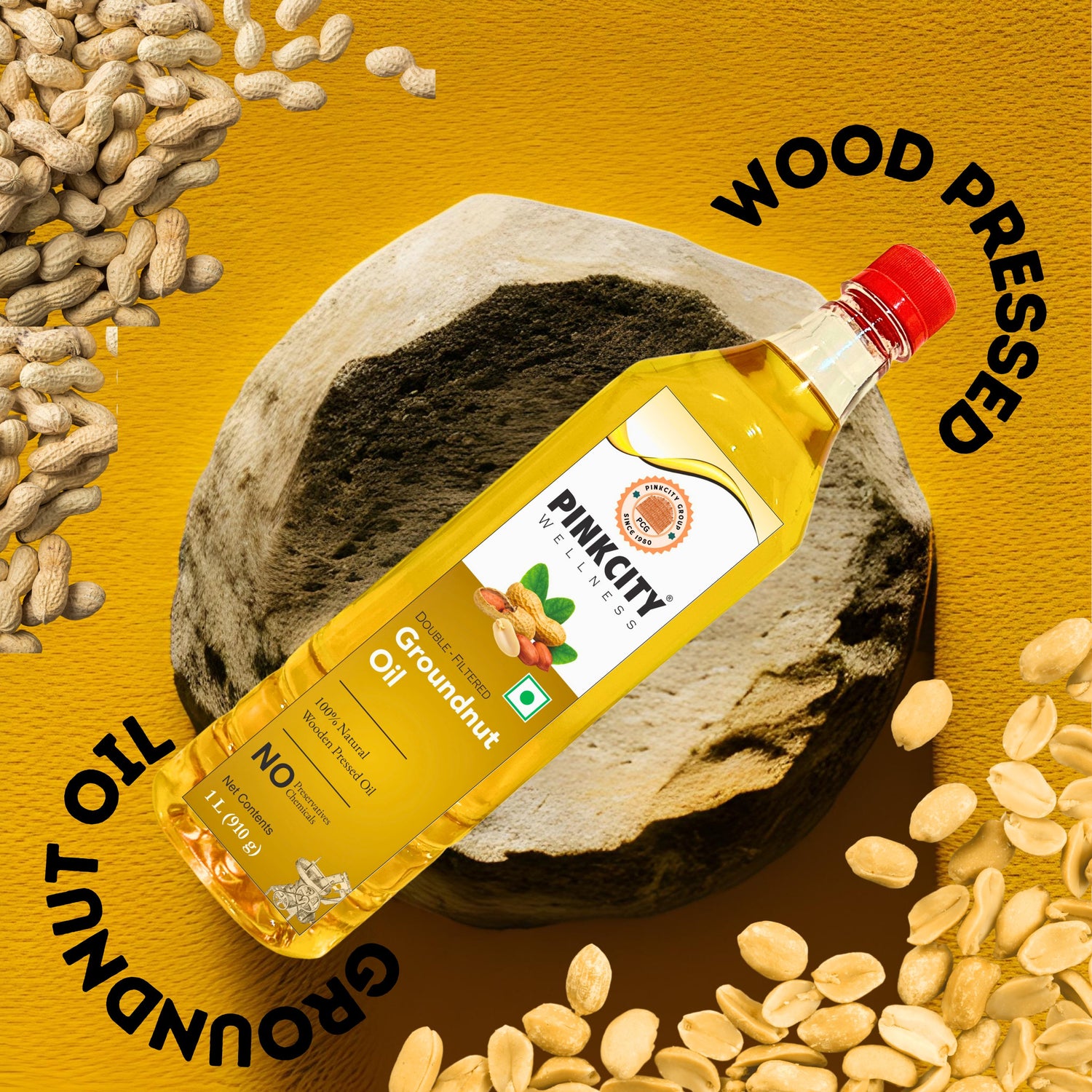**Cold Pressed Oil vs. Refined Oil: Deciphering the Differences**
Choosing the right cooking oil can significantly impact the taste, health benefits, and cooking versatility of your dishes. Two popular options in the market are cold pressed oil and refined oil. Here's a breakdown of their characteristics:
**Cold Pressed Oil:**
1. **Extraction Method:** Cold pressed oil is extracted by pressing seeds or nuts at low temperatures, usually below 122°F (50°C). This gentle extraction process helps preserve the natural flavor, aroma, and nutritional content of the oil.
2. **Nutrient Retention:** Since cold pressing doesn't involve heat or chemicals, the oil retains more of its natural antioxidants, vitamins, and essential fatty acids. This results in a higher nutritional value compared to oils extracted through refining processes.
3. **Distinct Flavor:** Cold pressed oils often have a more robust and distinct flavor profile, making them ideal for enhancing the taste of salads, dips, and dressings.
4. **Unrefined Nature:** Cold pressed oils are typically unrefined, meaning they undergo minimal processing and retain their natural color and flavor. This also means they may have a shorter shelf life compared to refined oils.
5. **Health Benefits:** Due to their higher nutrient content, cold pressed oils are often perceived as healthier alternatives to refined oils. They may contain beneficial compounds like polyphenols and phytosterols, which contribute to various health benefits.
**Refined Oil:**
1. **Processing Method:** Refined oil undergoes extensive processing, including high heat, chemical solvents, and deodorization, to remove impurities, odors, and flavors. This refining process results in a neutral-tasting and clear oil.
2. **Nutrient Loss:** The refining process strips away some of the natural antioxidants, vitamins, and flavor compounds present in the raw oil. As a result, refined oils may have lower nutritional value compared to cold pressed oils.
3. **Neutral Flavor:** Refined oils have a neutral flavor and aroma, making them versatile for various cooking methods, including frying, baking, and sautéing. They don't overpower the natural flavors of the ingredients in dishes.
4. **Longer Shelf Life:** The extensive processing of refined oils often results in a longer shelf life compared to cold pressed oils. They are more resistant to oxidation and rancidity, which helps maintain their quality over time.
5. **Higher Smoke Point:** Refined oils usually have a higher smoke point compared to cold pressed oils, making them suitable for high-heat cooking methods like deep frying and stir-frying.
**Conclusion:**
In summary, both cold pressed oil and refined oil have their unique characteristics and uses. Cold pressed oil is valued for its natural flavor, higher nutrient content, and perceived health benefits, while refined oil offers neutrality, longer shelf life, and versatility in cooking applications.
Cold Pressed Oils are much healthier choice as compared to refined oils.
The choice between the two depends on personal preferences, culinary needs, and health considerations.


